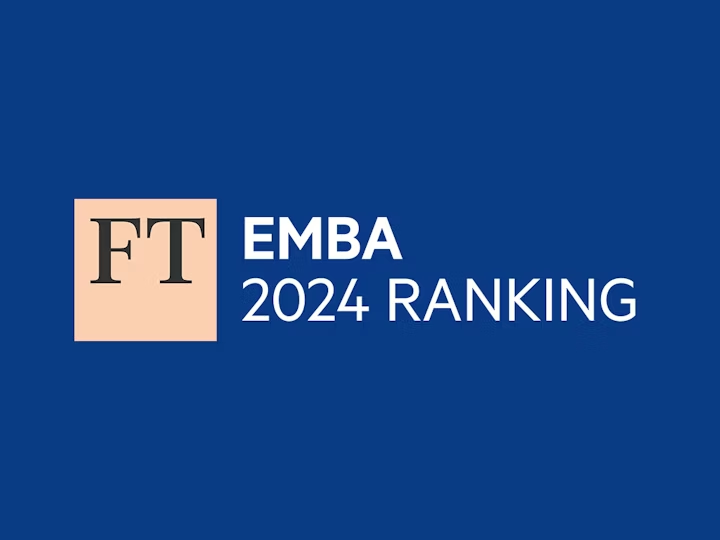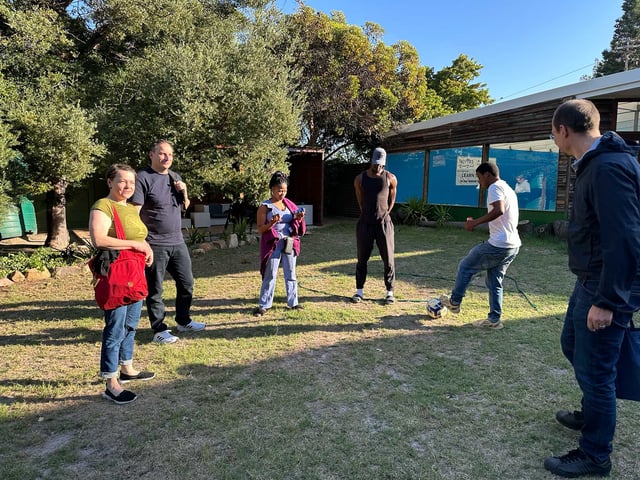Dr. Rebecca Jones, Professor in Coaching and Behavioural Change at Henley Business School, held an interactive webinar on coaching as the critical leadership skill. During the hour-long session Professor Jones share a lot of knowledge for those wishing to bring coaching leadership culture into their organisation. Some of the questions that Jones discussed and answered were: How coaching approach can be applied in the workplace? What does this require from the organisation? What are the core skills when leading with a coaching approach?
Her insights, drawn from both research and her experience leading teams and running her own inclusive leadership company, highlighted the critical behaviours that underpin effective coaching and their impact on performance.
Download the recording and the presentation materials of the webinar at the end of this blog.
Coaching is a learning and development tool with the goal of
producing behavioural change.
- Professor Dr. Rebecca Jones
Workplace coaching vs Executive coaching
Professor Jones talked about the differences between executive coaching and workplace coaching, latter being called many different things, such as leadership coaching, managerial coaching, or coaching skills for leaders. "Despite all these different names, it is really describing the same essence of the same thing, which is :coaching that leaders apply at work."
To draw some differences between the two, you could say that workplace coaching is not as structured as executive coaching. But it is still about giving the individual your direct report; giving your coachee or employee that individualised attention. Jones highlighted that the coaching is very much tailored to the individual, and that the focus is on them in that interaction.
Workplace coaching is aimed at improving performance and addressing performance challenges normally through helping that person to learn and develop.
Watch the recording
For those who couldn't attend or wish to learn more about the topic, can download the recording and the presentation materials of the webinar at the end of this blog.
Feedback in workplace coaching
Coaching at work can involve providing constructive developmental feedback. This is a key difference between executive coaching and workplace coaching, because when we are executive coaching, not as a leader but as an independent coach, we tend to stay away from providing feedback. However, as a leader, we have so many opportunities to understand and collect feedback. And, from our numerous interactions with the people that we are leading, and through coaching, we can actually provide that constructive developmental feedback to enable them to improve their performance.
Collaborative approach
Jones emphasised that workplace coaching is very much a collaborative approach. It is about putting back the individual coachee, your direct report, in the driving seat. As a leader who is using a coaching approach, you are enabling them to and engaging with them to help them to set their own goals, hopefully challenging goals, which will stretch them and enable them to improve their performance and whatever else it is that you want to work on.
The key here is that it is not just about you as the leader telling them what you want them to do. It is about working collaboratively with them to find that kind of shared goal, something that they care about and they want to achieve and something that, enables them to achieve the objectives that are important from your perspective as the leader as well.
In addition to drawing the line between executive coaching and workplace coaching, Jones also explained the differences between coaching and other types of learning and development interventions, emphasising that overlap between them exist: Coaching, Teaching, Mentoring, and Counselling.

"In coaching, we are really looking at the whole person. This means that we are not just thinking about the very specific task or topic that the person might want to discuss and instead we are linking that topic to what we know about that person as well.
So, when we think of this as a leader who is coaching someone, they may have a specific goal that is very task specific or project specific that they want to work on. But as we know that person as well, when coaching, we are looking to work with the whole person to help them understand better what might be holding them back or what might be some opportunities that they can pursue.
Watch the recording of the webinar at the end of this blog.
Barriers that prevent using a coaching approach when leading others
During the webinar, participants were divided into small groups where they discussed some of the challenges leaders might face when applying coaching approach in their organisation.
Here are some of the possible barriers the groups came up with:
- lack of coaching skills
- organisational culture
- lack of empathy
- mindshift
- can be scary
- lack of confidence to coach
- result-driven culture: no time to think about how to get there
- coachee might want to just be told what to do
- leaders are used to a position of authority & employees expect direction and solutions
Coaching behaviours
The behaviours and skills that we think about in both workplace coaching and independent coaching are the same, but the way they come to life is where we see the difference between a leader who coaches and an independent coach.

Learn more from the recording
Professor Jones' webinar was so full of insights and knowledge that we simply cannot summarise here. So, if you would like to learn more about the above topics and on coaching mindset, coaching behaviours, and on creating a coaching culture, we encourage you to watch this extremely insightful and knowledge-packed webinar.
Humans are wired to make judgments.
Get access to the webinar recording by filling in the form below.









